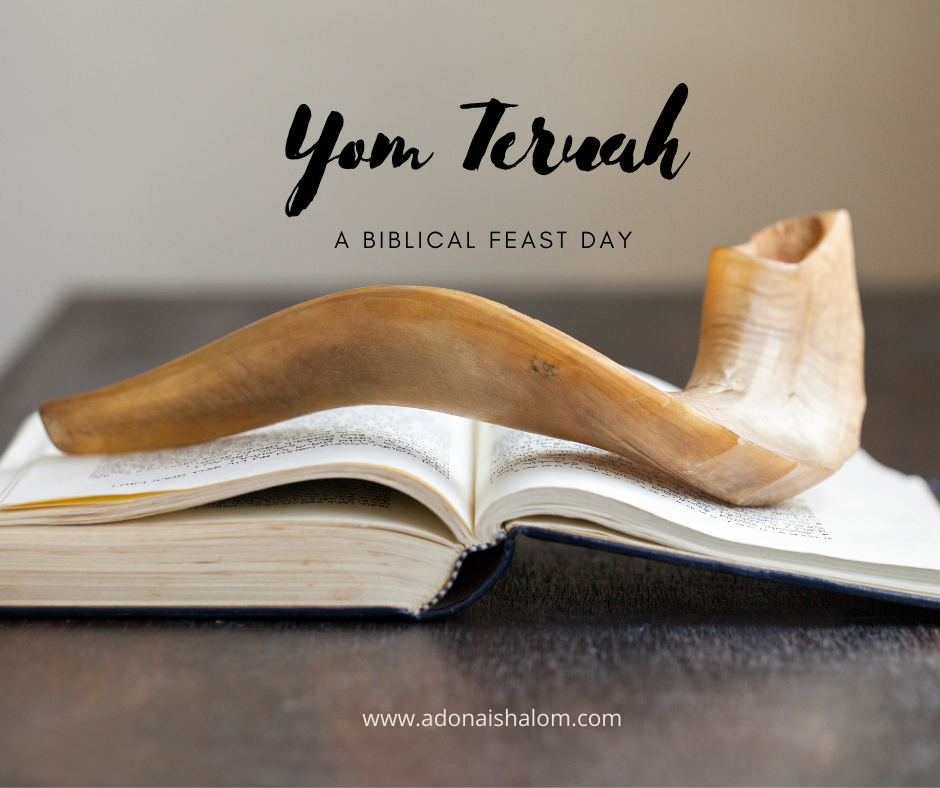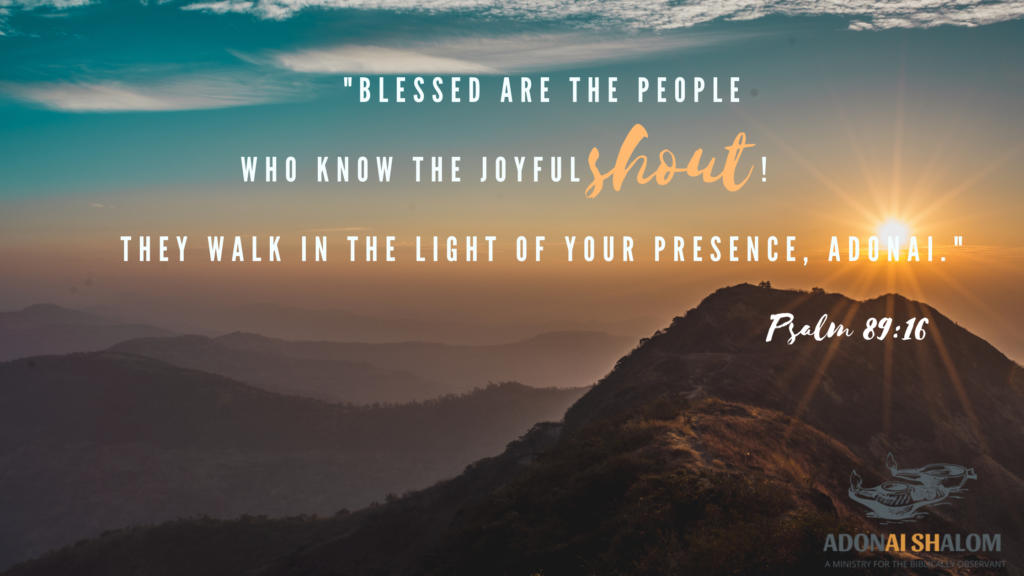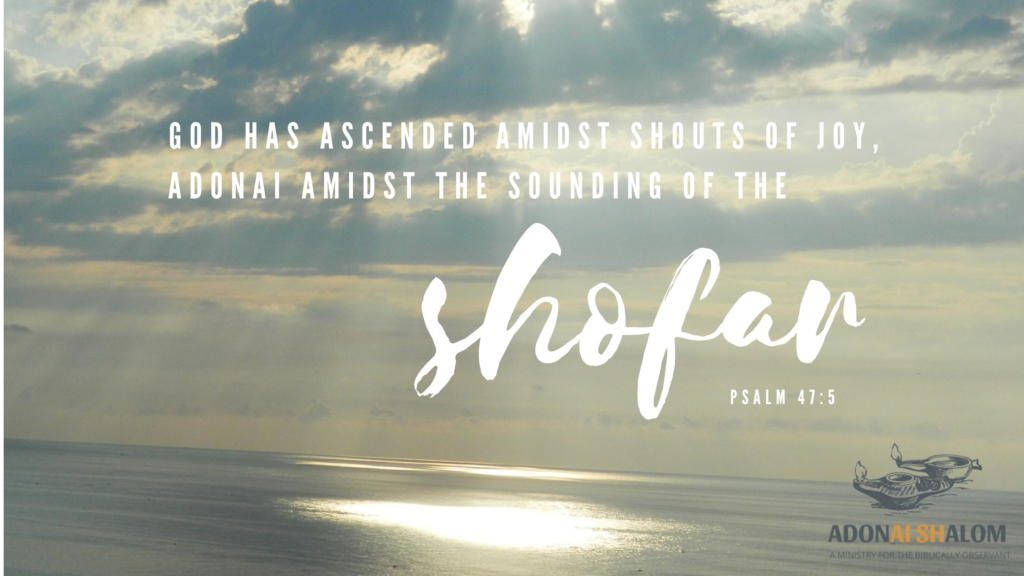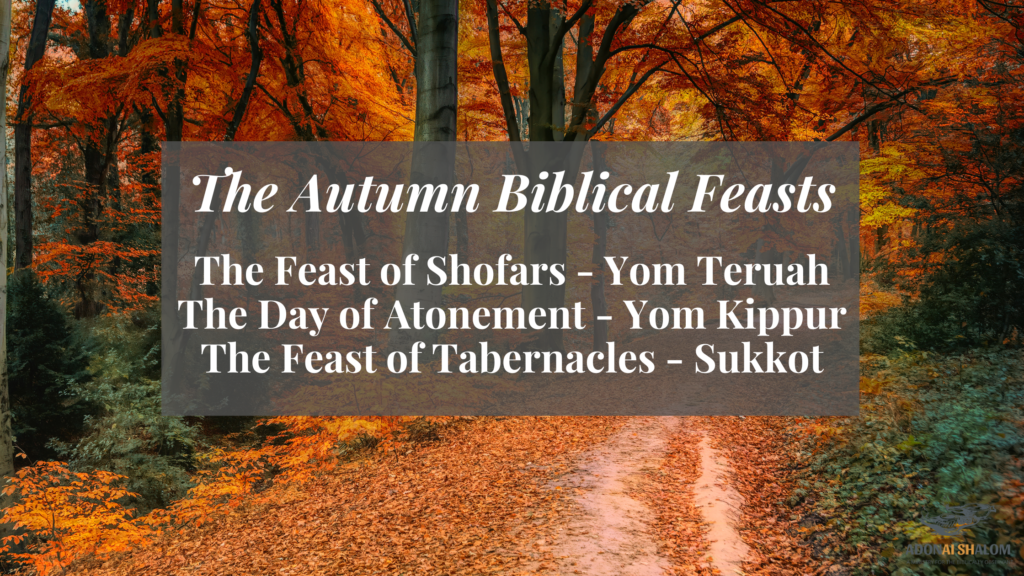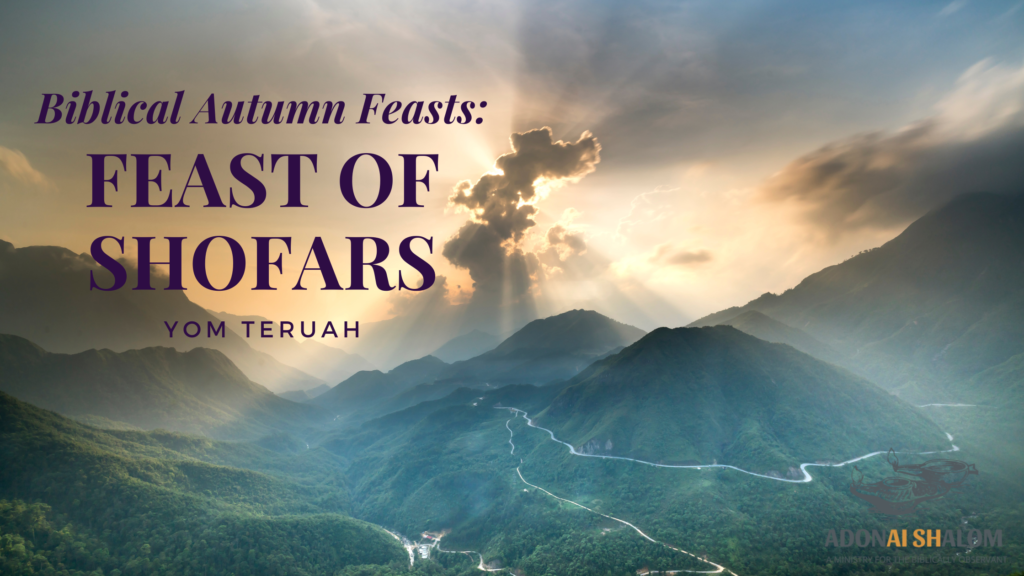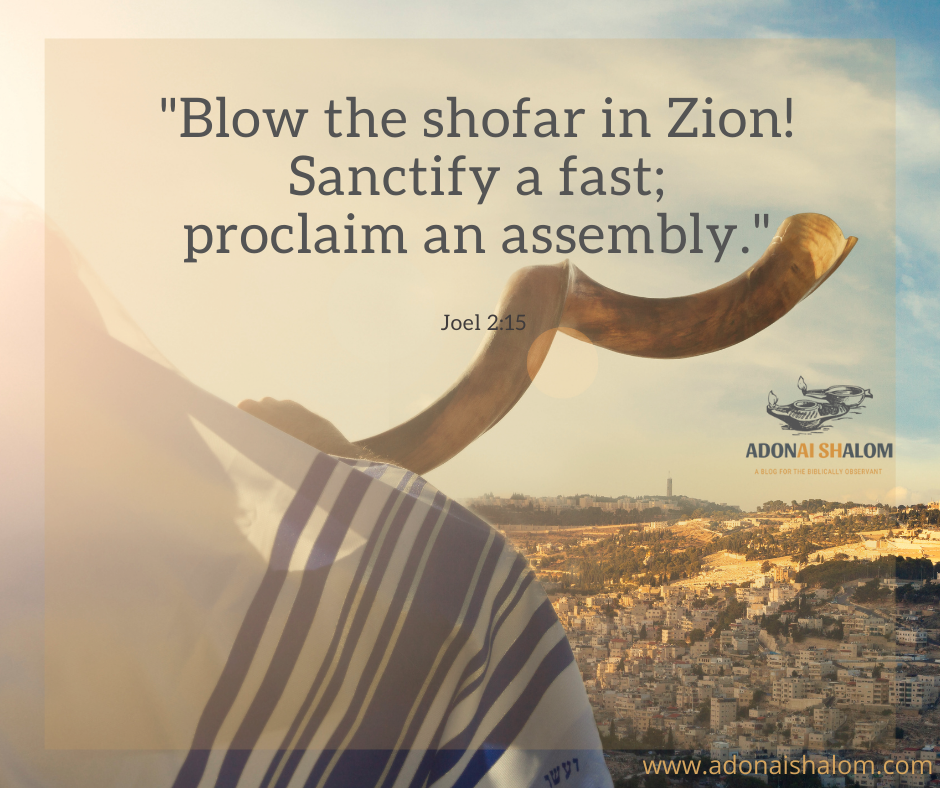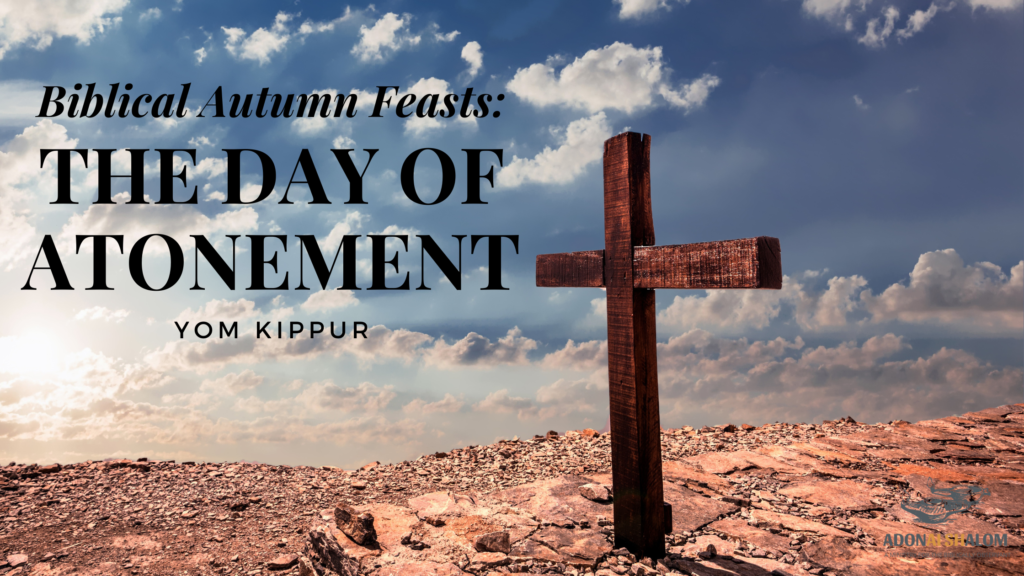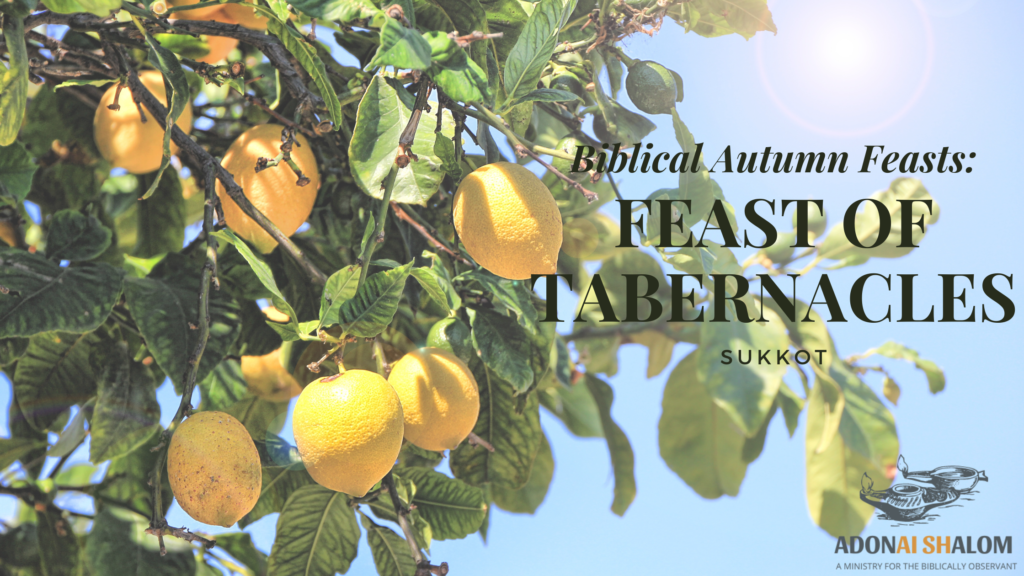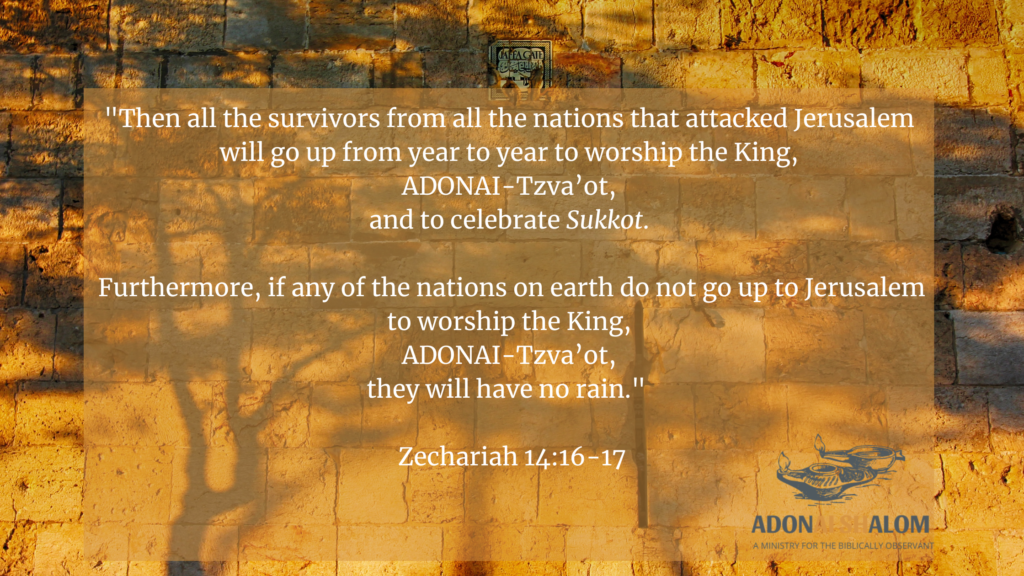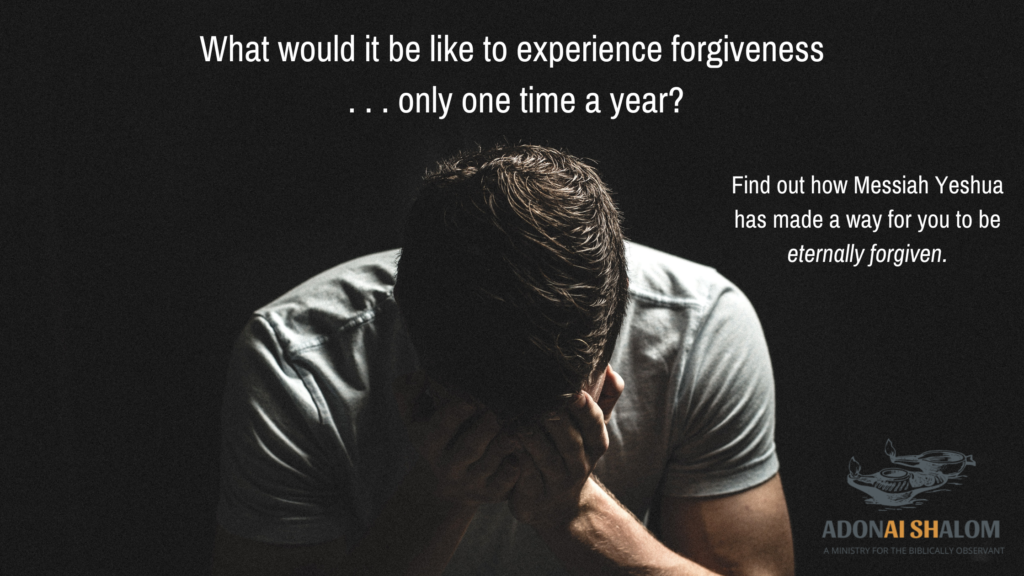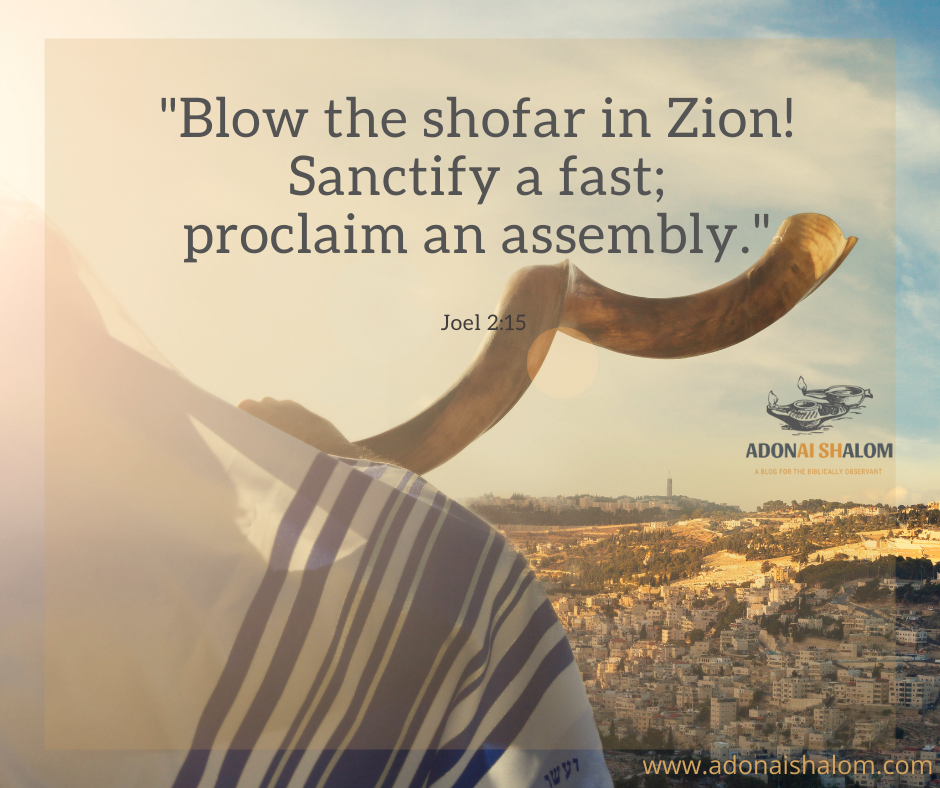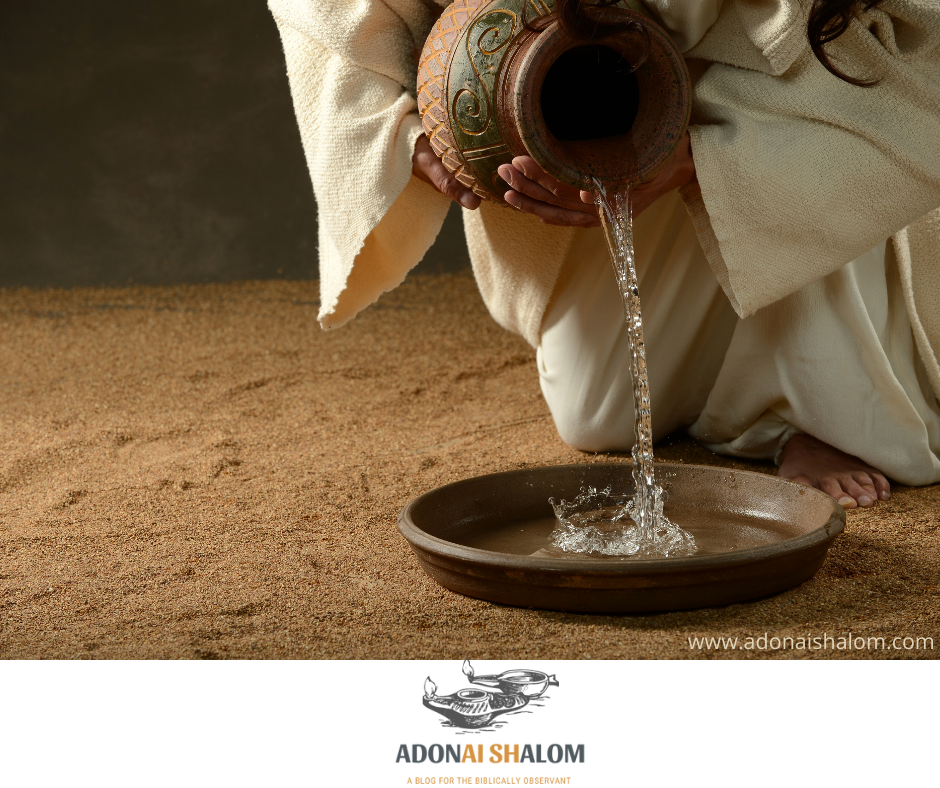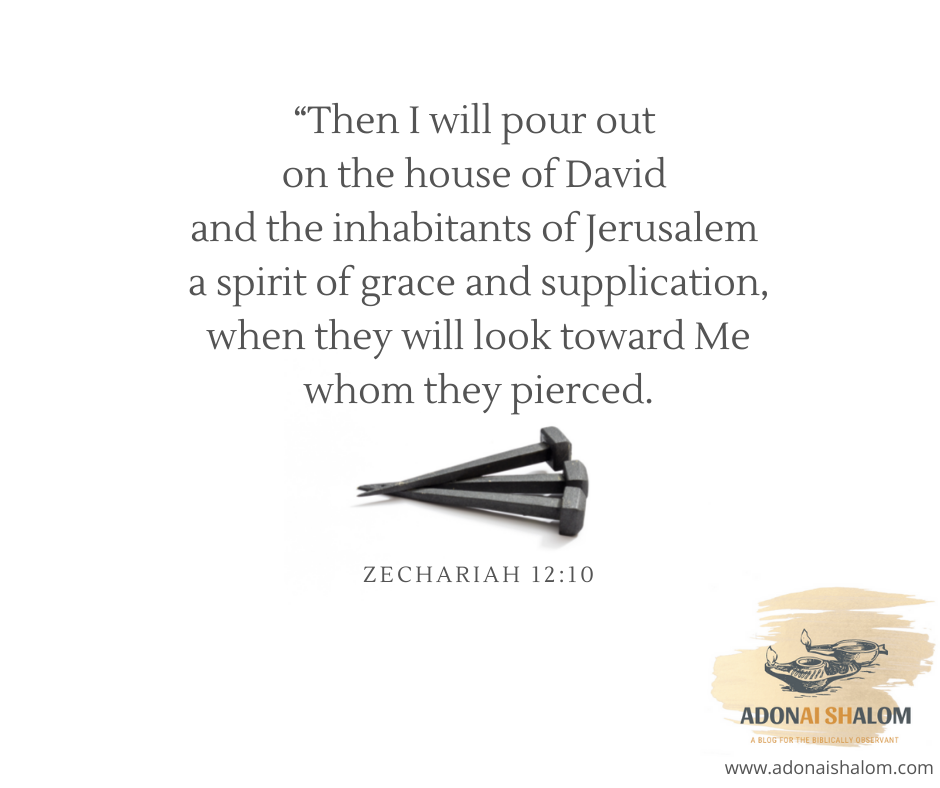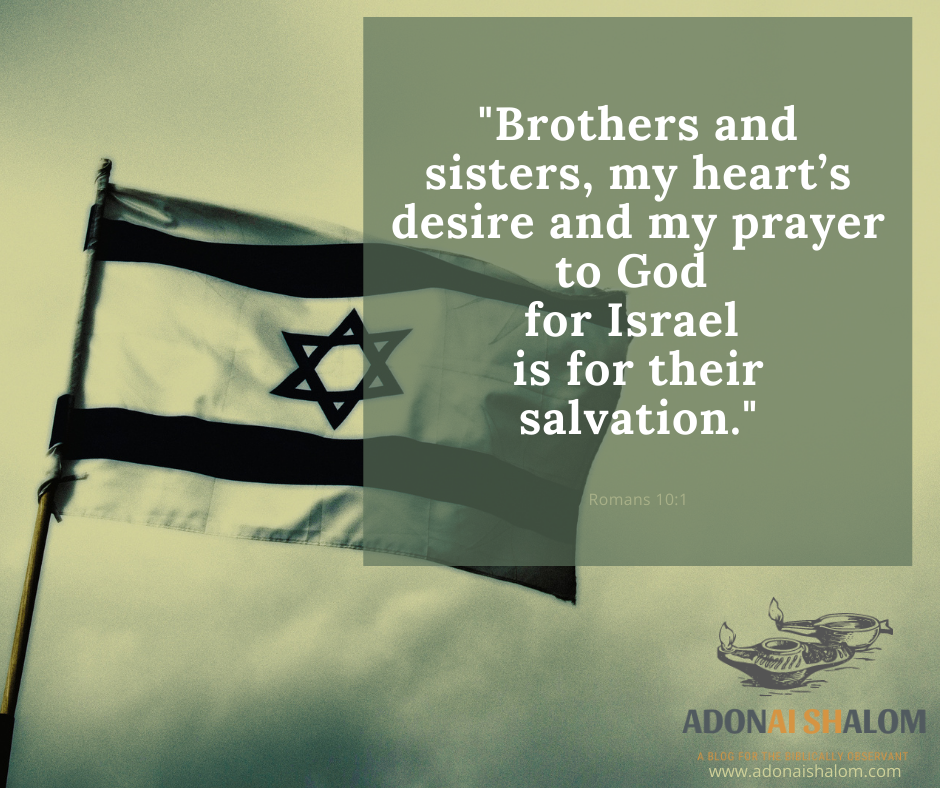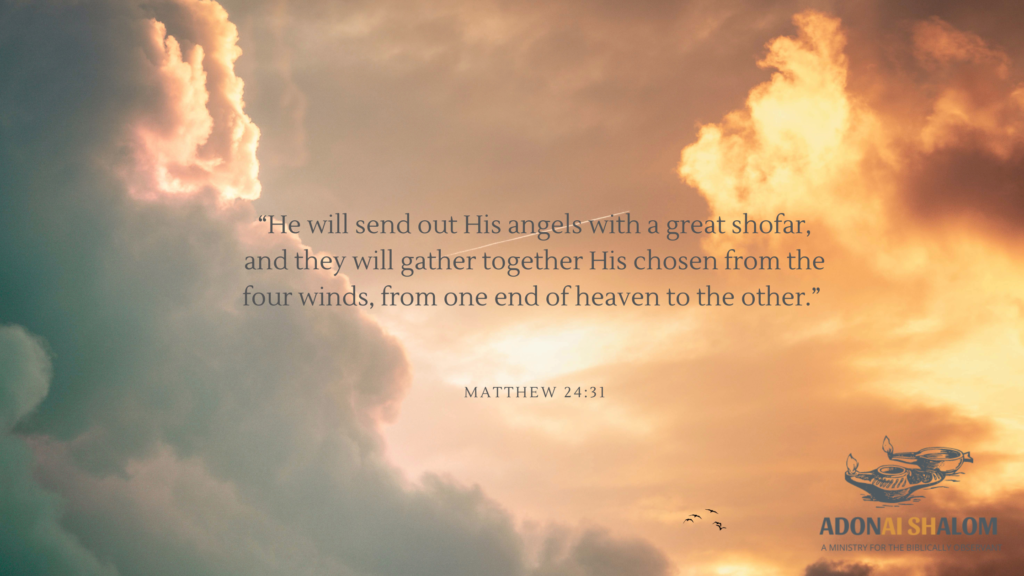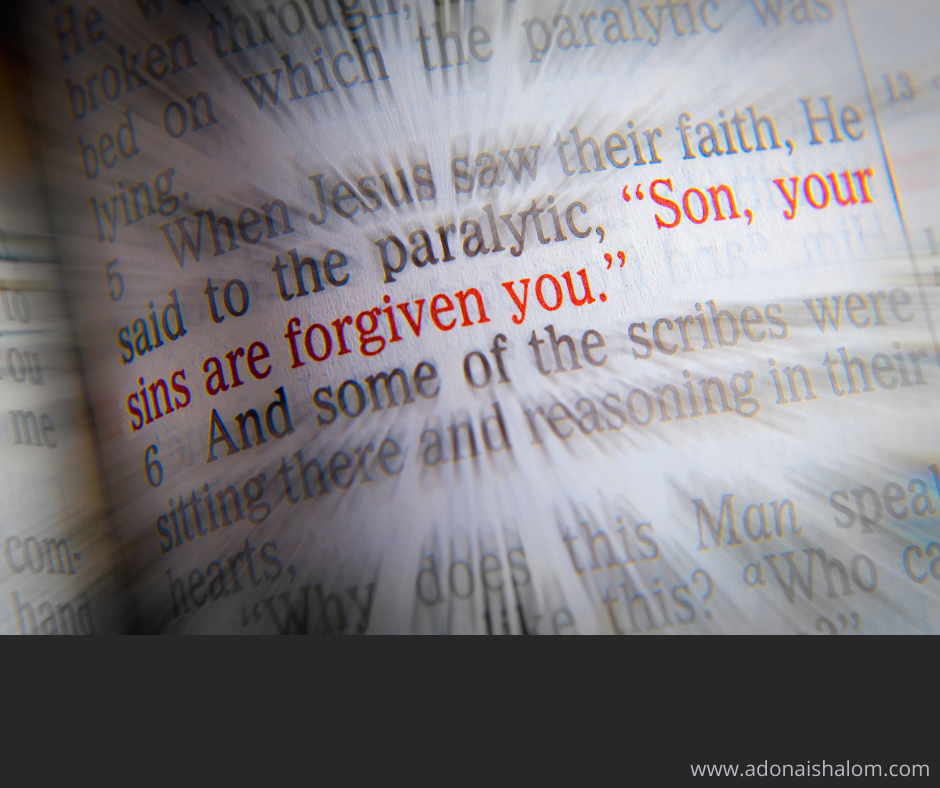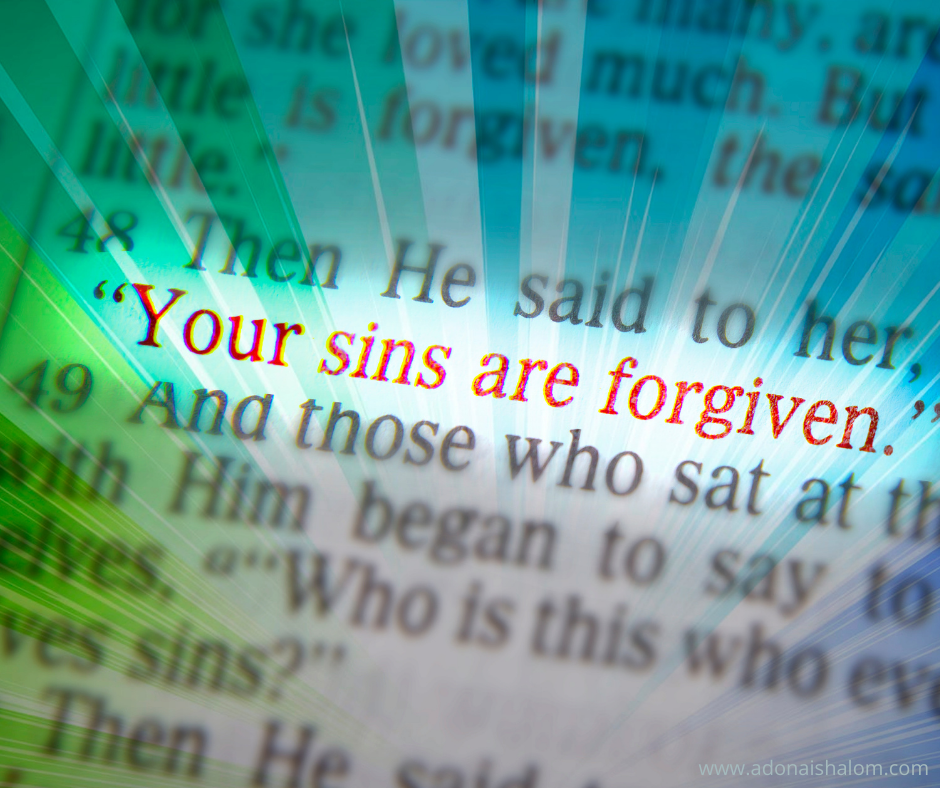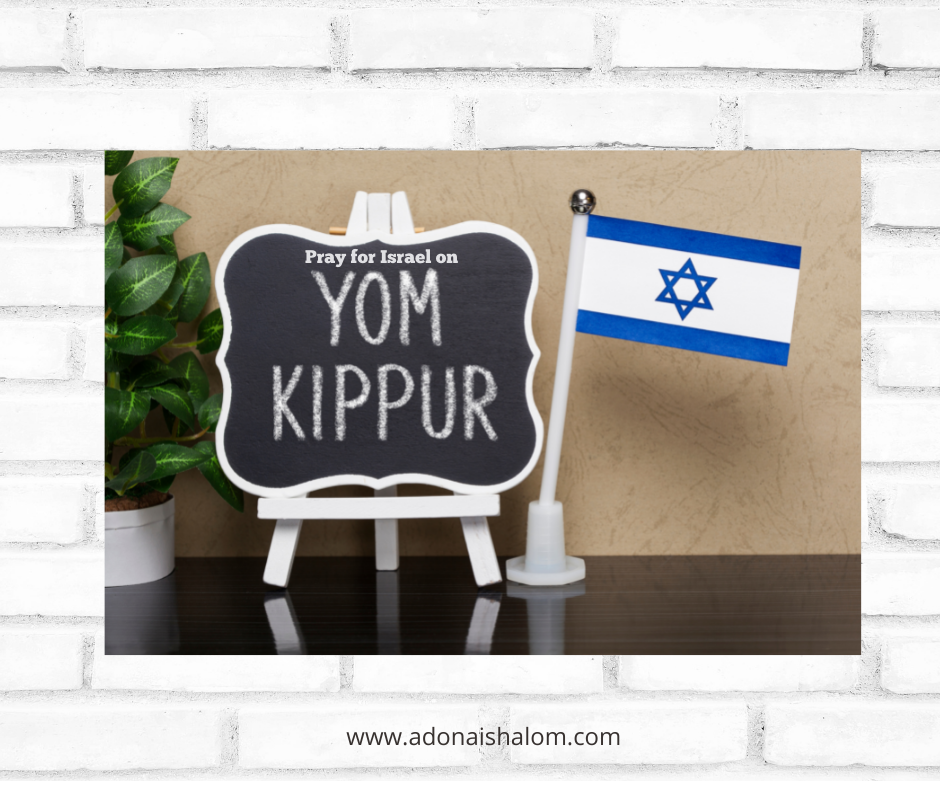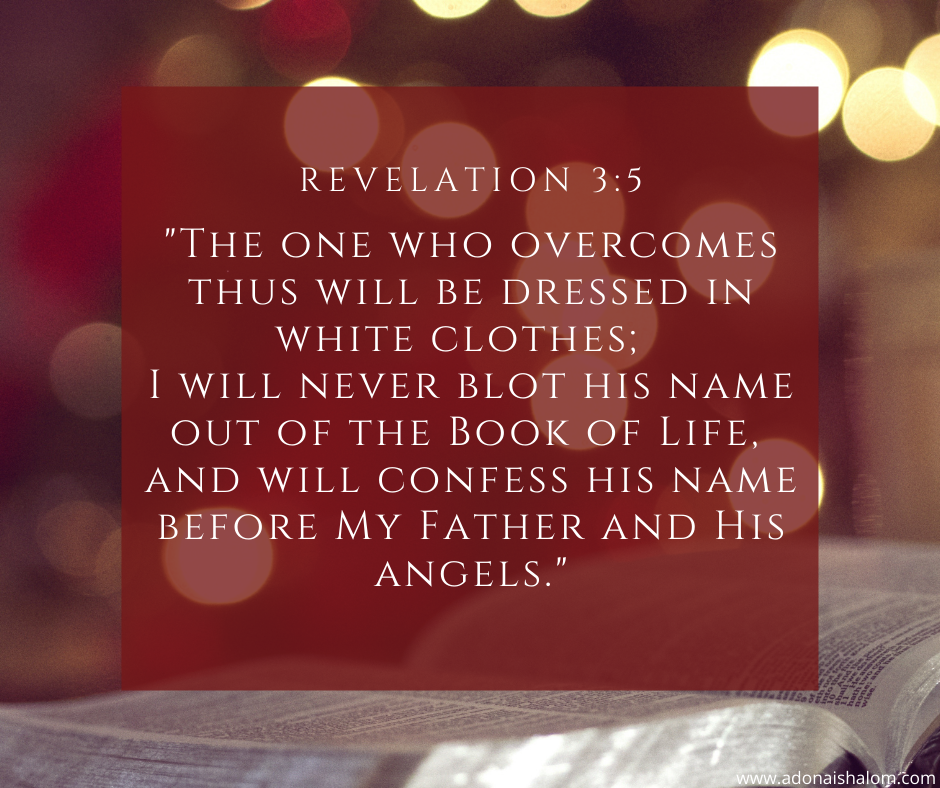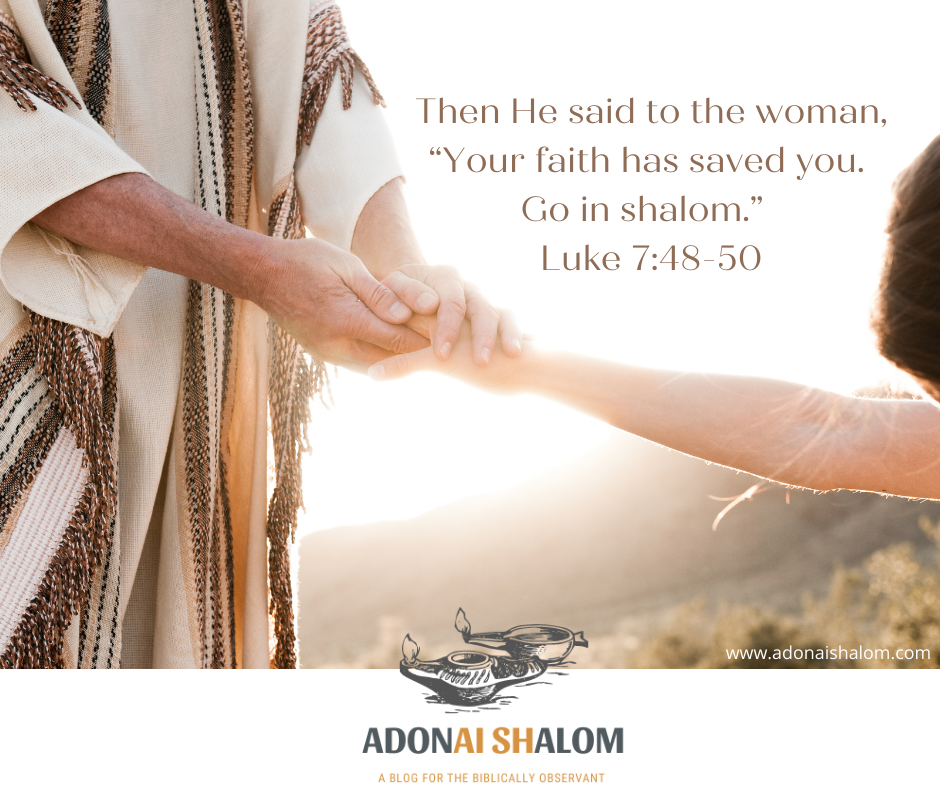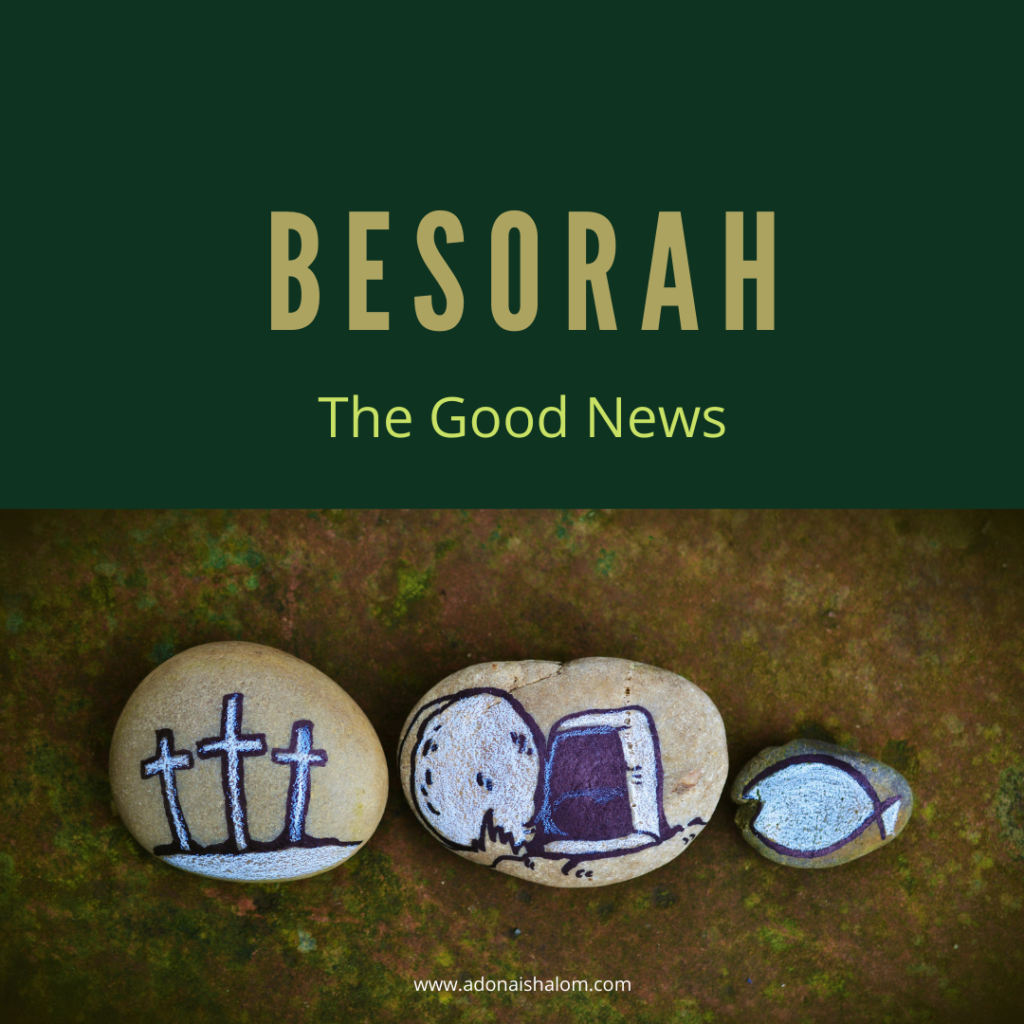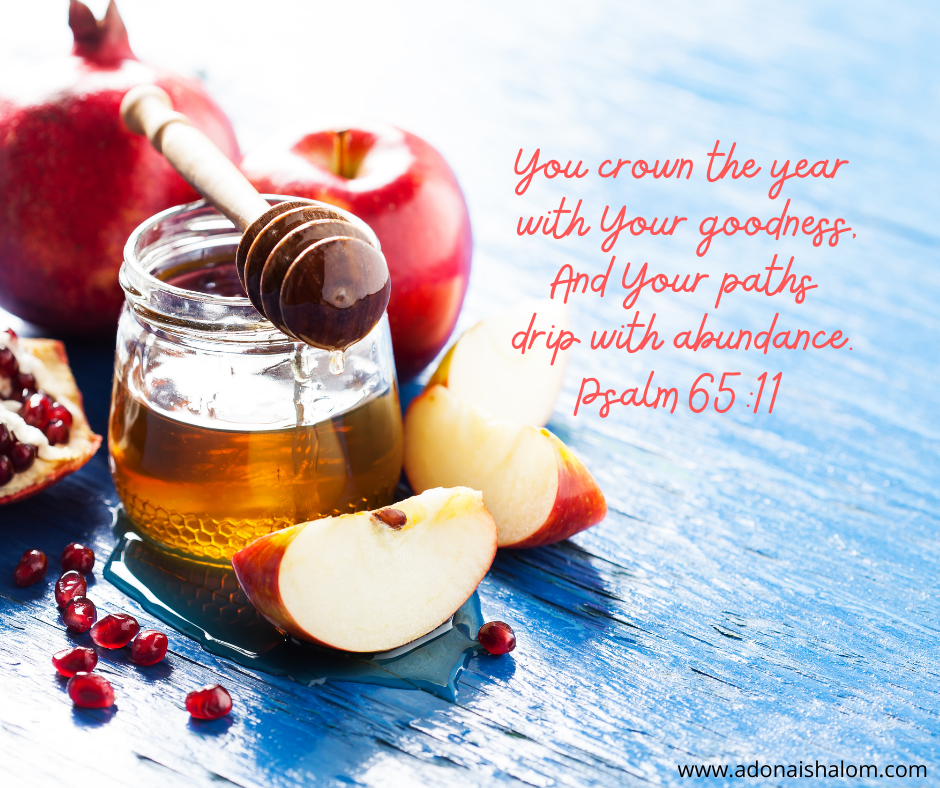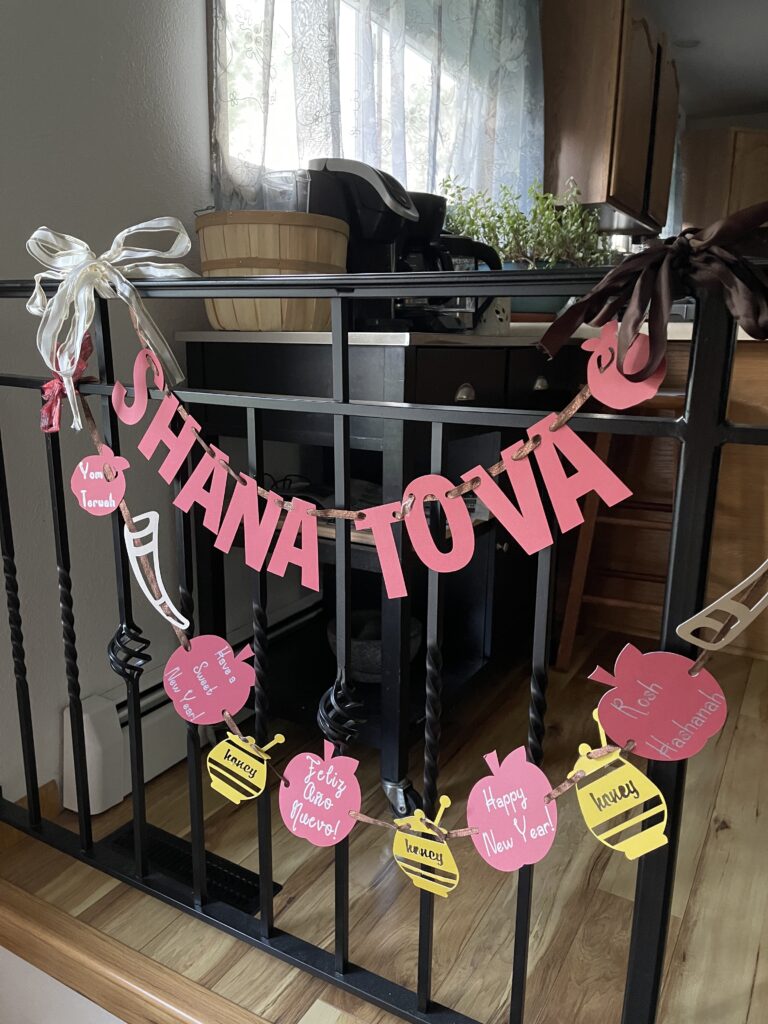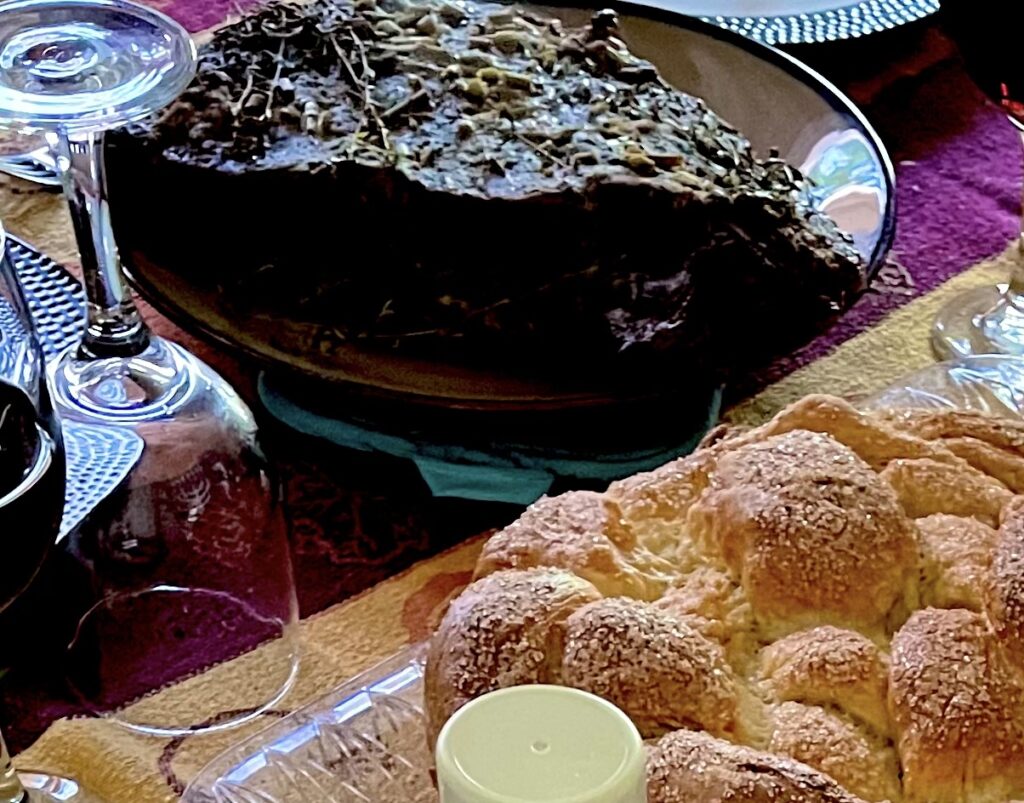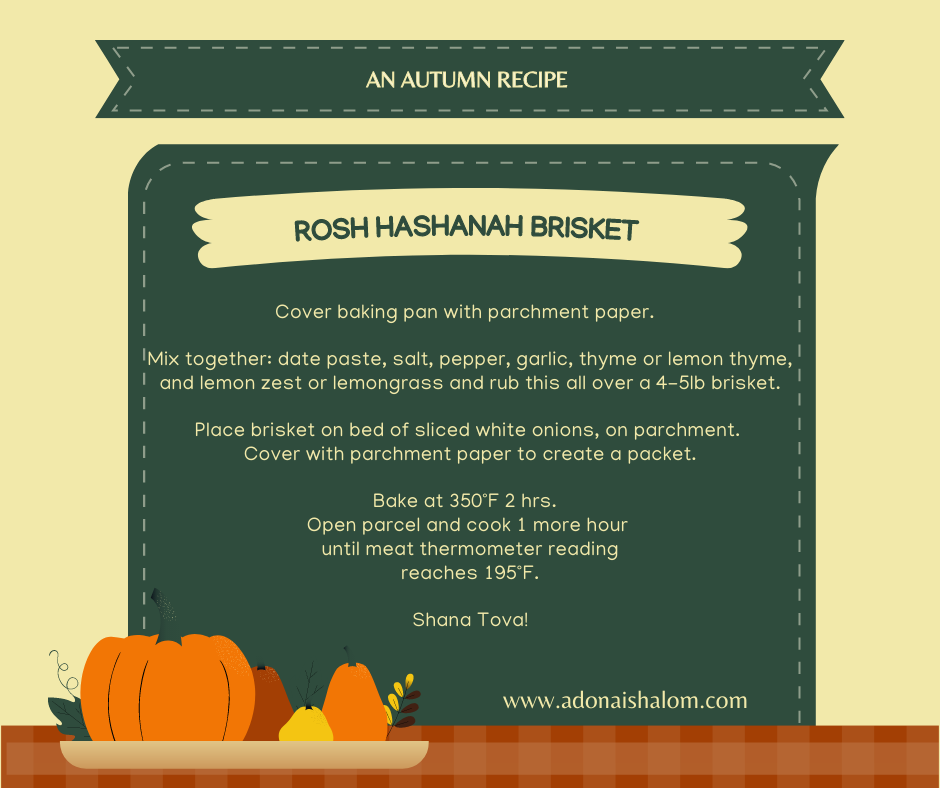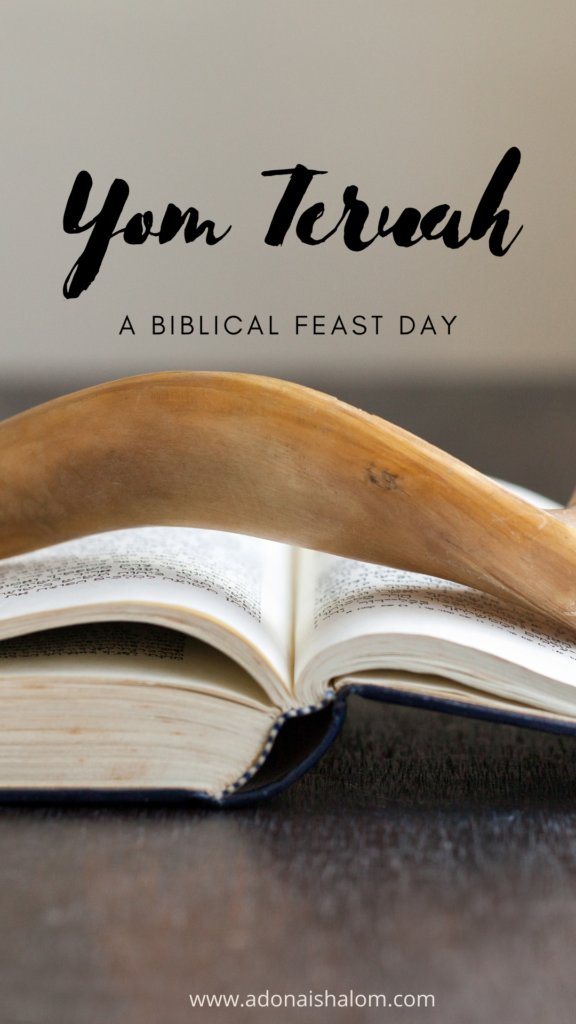Sweetness amid the sounding shofar: the prophetic significance of Rosh HaShanah
Elul 5783, B”H
Rosh HaShanah/Yom Teruah
Rosh HaShanah will begin at sundown on Friday, September 15 this year. This Biblical holiday lasts through sundown on Sunday, September 17. Rosh HaShanah is also known as “Yom Teruah,” literally the “Day of the Shout.” Yom Teruah is a more correct name, Biblically, for this feast. Many refer to it in English as the Day of Trumpets, or the Day of the Shofar.
Scriptural precedence for the Biblical feast can be found in Numbers as well as in the Psalms which we will look at in a moment.
Have you ever heard the sounding of the shofar?
The tone is so profound. To celebrate this holiday, the shofar is sounded:
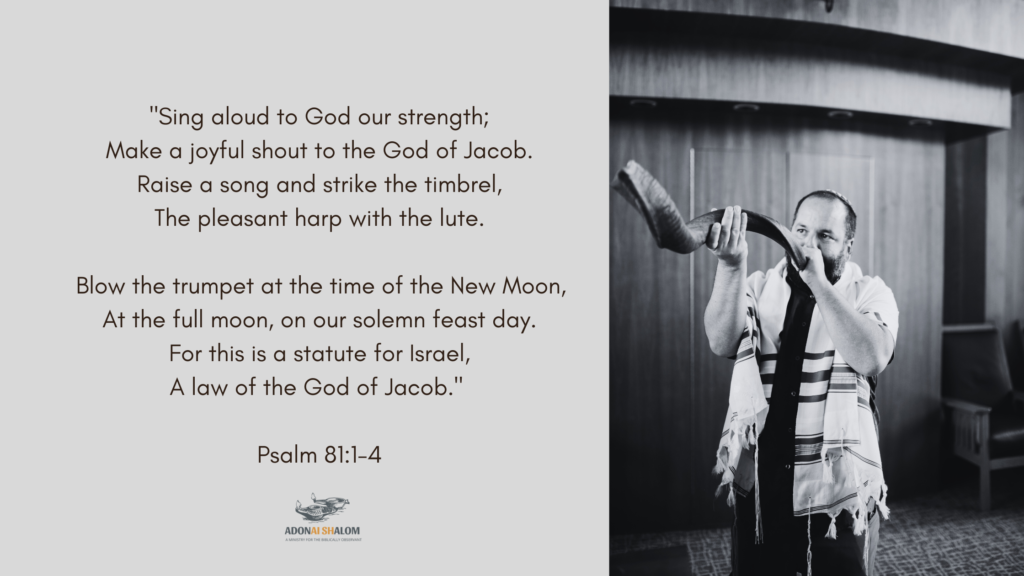
There is a solemnity, calling all hearers to humble themselves before the King of all kings. There is also joy, for we know that one day the shofar will sound and the dead in Messiah will rise and those who are still alive will meet the LORD in the air:
Inherent and Inerrant Cohesiveness of the Biblical Narrative
Our Savior and Messiah Yeshua (Jesus) fulfilled the prophetic meaning of each Biblical feast found within the pages of Scripture.
I view so much of this as a “lost history” because so many believers have not been taught about our collective history as the people of God: native and grafted in members of the house of Israel.
The Biblical holidays (particularly the Fall Feasts) are eschatologically significant, pointing us to the end of days and affirming the inherent and inerrant cohesiveness of the Biblical narrative.
The Hebrew Scriptures form the foundation for the New Testament and all of the Scriptures are without error. The entirety of the Word of God is valuable and we must treat it as such!
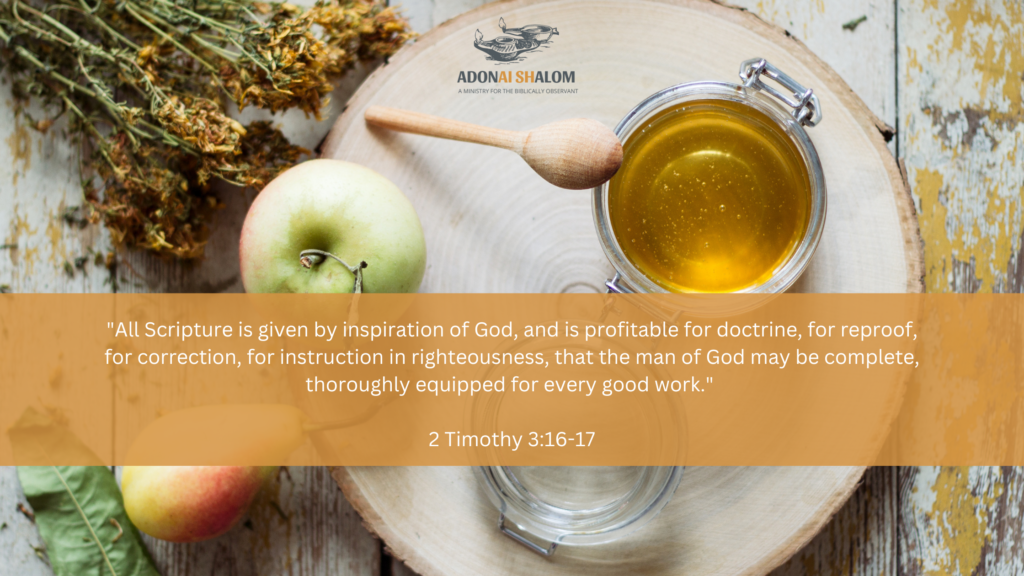
The Prophetic and Eschatological Significance of Rosh HaShanah/Yom Teruah
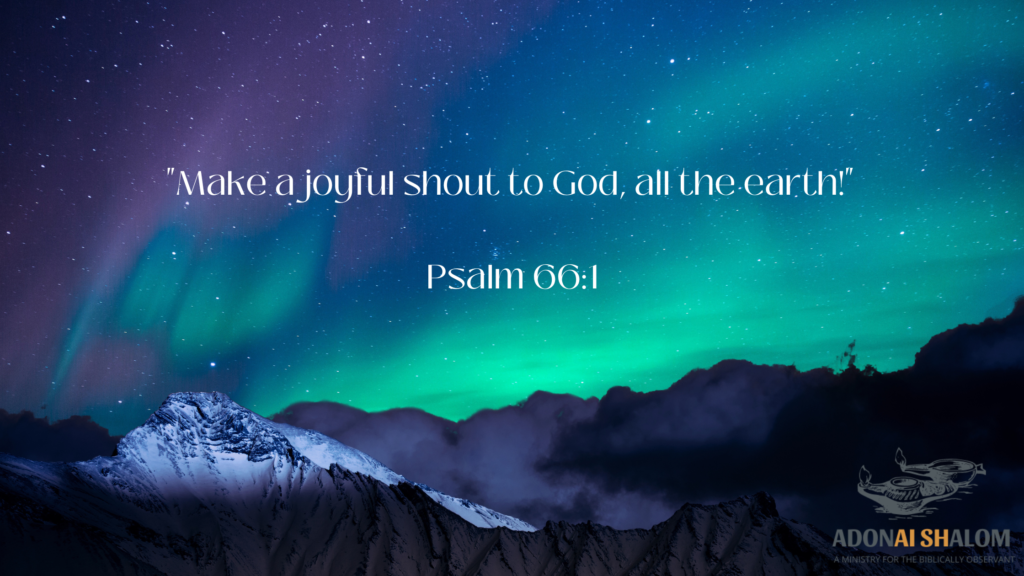
The Bible exhorts us to “Make a joyful shout to God, all the earth!” Psalm 66:1
Yom Teruah/Rosh HaShanah provides occasion for such shouting, though we should not limit our praise to just one time of year. If we look to the Scriptures, we will see that every aspect of the Feast days points to Jesus (Yeshua).
During the Hebrew month of Elul, spiritual preparation is made because it is known that soon the Bridegroom will come. You may be interested in my recent post explaining a bit about the month of Elul and preparations for Rosh HaShanah and Yom Kippur (the High Holidays).
When the shofar is sounded on Rosh HaShanah, we are reminded of the coronation of our King. He has sought us in the field, we are beloved and betrothed, and we await the Marriage supper of the Lamb.
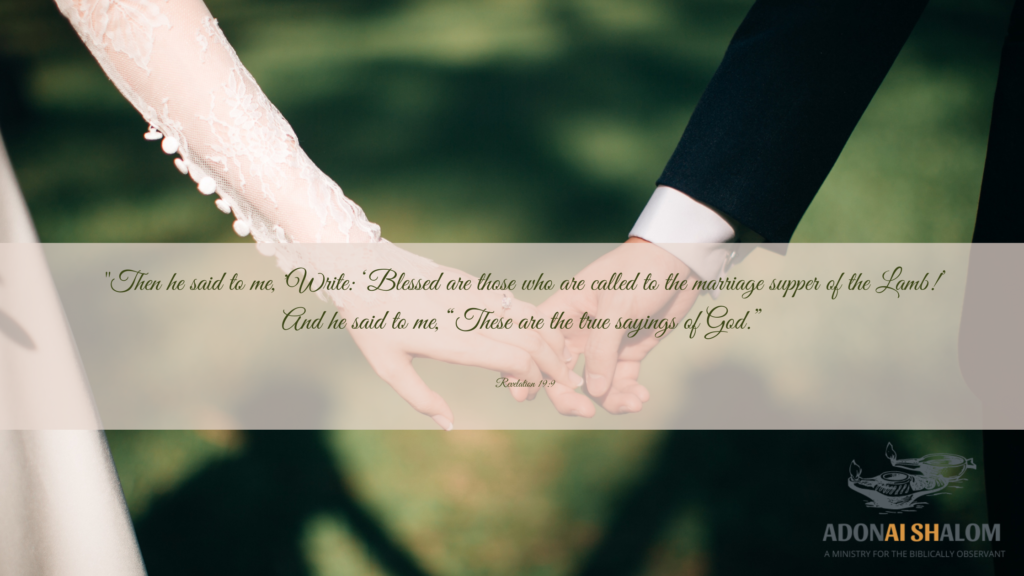
Each Rosh Hashanah is sort of like a divine dress rehearsal. Some believe that the final shofar will indeed sound on Rosh Hashanah, but I am cognizant of the Word of God which says no one knows the day nor hour.
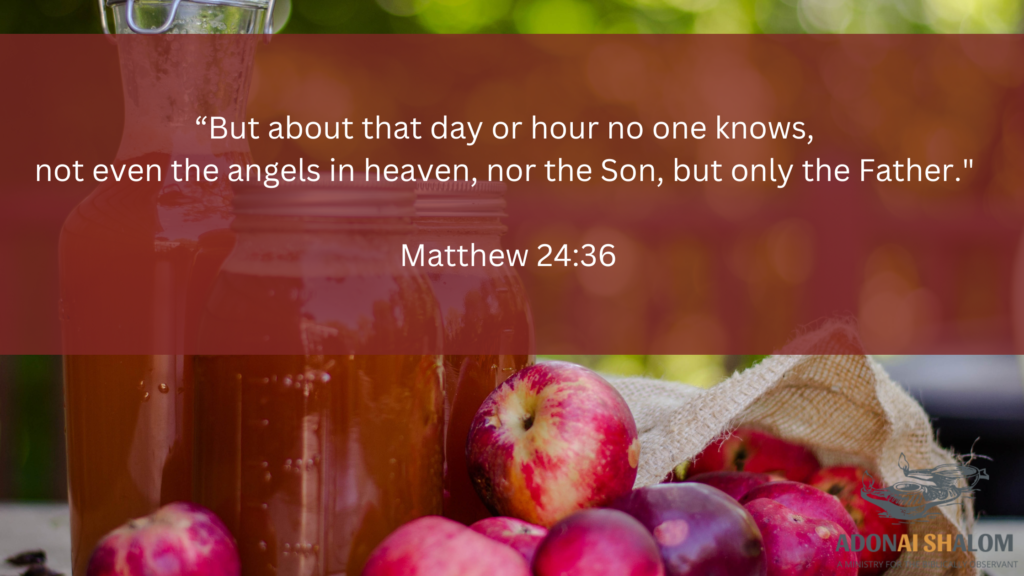
That said, Yeshua (Jesus) may have been alluding to Rosh HaShanah when He said this because “no one knows the day nor hour” had connotations as a wedding idiom at that time. “No one knows the day or hour, but we know those two are getting married!” Also, the Jewish community did not know the exact date or time for Yom Teruah, and it had become commonplace to describe Rosh HaShanah as the feast of which “no one knows the day nor hour!”
Word to the wise: always be ready.
The King is coming.
The Sweetness of a New Year
In Hebrew, Rosh HaShanah means “Head of the year.” It is the start of the Biblical new year and is a time of repentance as well as rejoicing.
I love how Rosh HaShanah occurs always just after the start of the school year. My children are homeschooled and we enjoy incorporating aspects of the Biblical Feasts into our studies of history and Biblical studies. It is customary on Rosh HaShanah to eat apples and honey and to pray for a sweet new year.
In our household, this means praying we will each demonstrate sweetness of character and be kind to one another.
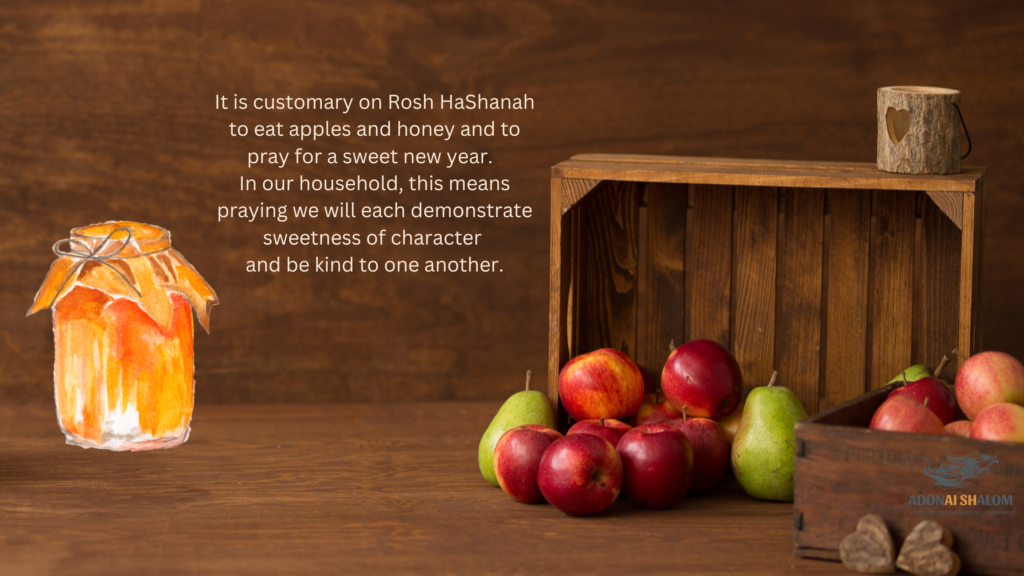
Sweet and Sour: Sweetness amid the Sound of the Shofar
For those of us who are counted among the saved, sanctified, and sealed in the Book of Life, the New Year is very sweet.
But we must also be cognizant of the dichotomy between that which is sweet and that which is not-so-sweet.
If we are honest, Yom Teruah (Rosh HaShanah) reminds us of the sour reality that not everyone will be saved.
Not everyone will heed the warning blast.
Not everyone will repent.
We will find perfect relief of our burden to preach at the end of days, but until then, we must continue to introduce our loving and merciful Savior to a lost and dying world.
To me, it is a bittersweet reality.
We truly must do more to reach the unreached.
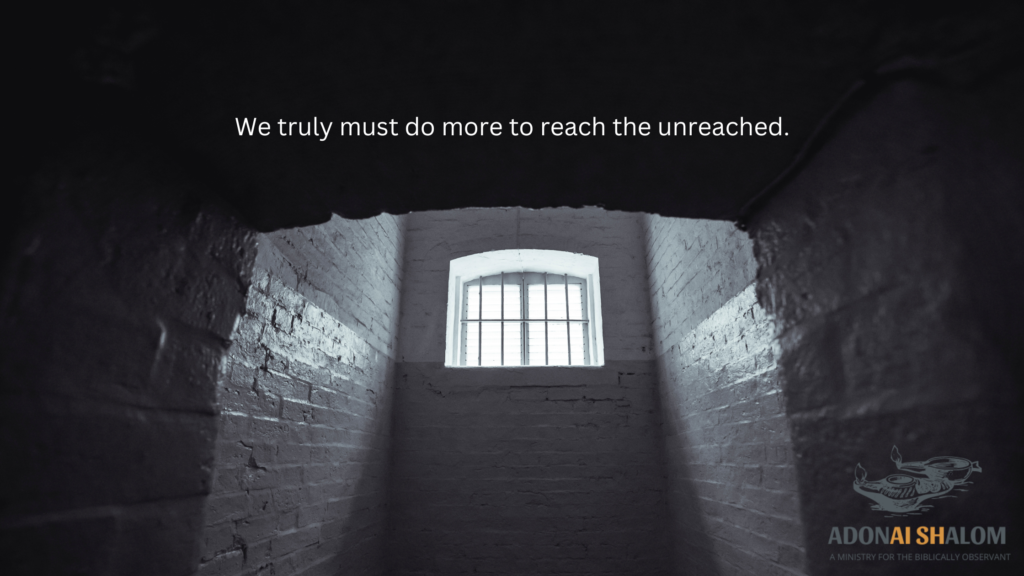
So great is ADONAI’s mercy, so sweet and so generous.
We have been commissioned to share that Good News, and we must. Before it is too late.
Wake up sleeper, open your eyes!
Have you heard the song by Austin French, “Wake up Sleeper, Open your eyes”?
“Wake up sleeper
Open your eyes
Oh sinner, arise
Leave your past at the door
Wake up sleeper
Come to the light
Christ is alive
Death don’t live here anymore
Death don’t live here anymore”
These lyrics are so appropriate for Rosh HaShanah/Yom Teruah because the sounding of the shofar is intended to wake up sinners out of their slumber so there will be repentance before it is too late!
As followers of Messiah Yeshua (Jesus Christ), we, too, need to be awakened once again. There is so much apathy in the church today and we must repent of our complacency. We must awake from our slumber! Like the Prophet Joel said, we must sound the alarm on God’s holy mountain!
Looking forward to things yet to come
This Rosh HaShanah/Yom Teruah, let us look forward to all that the LORD has in store for those who love Him:
Here is a wonderful worship song that contains that verse:
God’s plans for your life are so great! Keep your eyes on Jesus (Yeshua) and always be ready!
Sweetness at the mercy seat
Brooke Fraser’s recent song, “Honey in the Rock” also has such beautiful lyrics and it brought me some inspiration today.
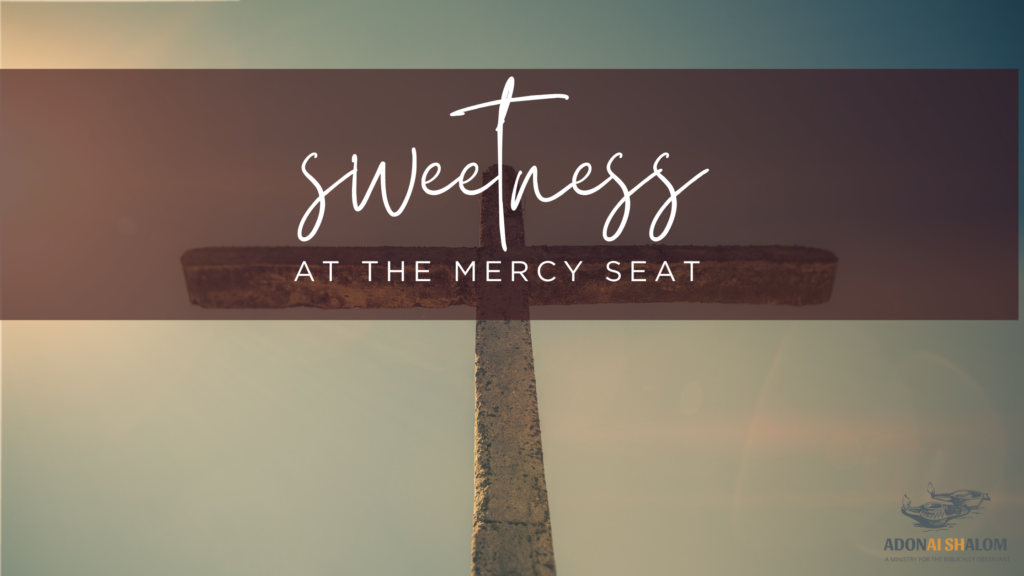
“Sweetness at the mercy seat
Now I’ve tasted, it’s not hard to see
Only You can satisfy“
This Rosh HaShanah, may you experience the sweetness of salvation at the mercy seat of the LORD Most High. Once you have tasted and seen, you will know that our God is so very good and His love endures forever.
Shana tova! Happy New Year!
